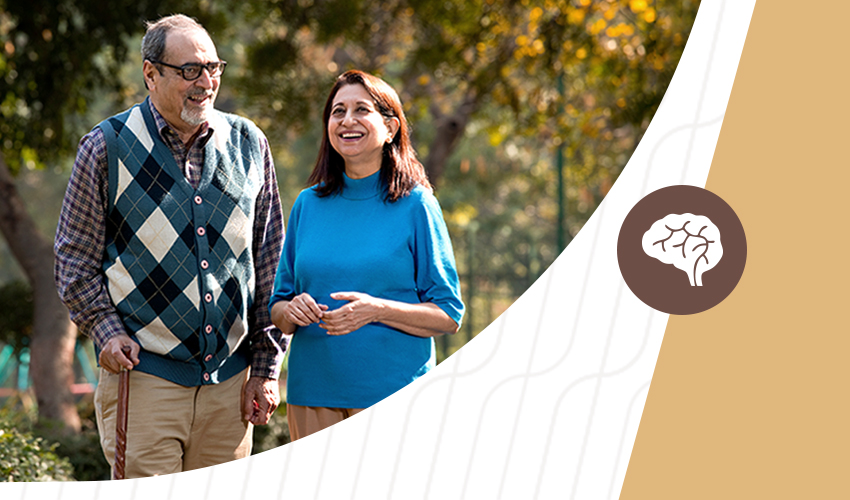- Our Doctors
- Our Specialities
Centres of Excellence
-
 Centre for Blood Diseases, BMT & Cancer Immunotherapy
Centre for Blood Diseases, BMT & Cancer Immunotherapy -
 Centre for Bone, Joint & Spine
Centre for Bone, Joint & Spine -
 Centre for Critical Care Medicine and ECMO Services
Centre for Critical Care Medicine and ECMO Services -
 Centre for Gastrosciences
Centre for Gastrosciences -
 Centre for Heart & Vascular Care
Centre for Heart & Vascular Care -
 Centre for Nephro-Urosciences
Centre for Nephro-Urosciences -
 Centre for Neurosciences
Centre for Neurosciences -
 Centre for Obstetrics and Gynaecology
Centre for Obstetrics and Gynaecology -
 Centre for Organ Transplantation
Centre for Organ Transplantation
Super Speciality
-
 Advanced Diagnostic and Interventional Radiology
Advanced Diagnostic and Interventional Radiology -
 Anesthesiology & Pain Management
Anesthesiology & Pain Management -
 Clinical Nutrition and Dietetics
Clinical Nutrition and Dietetics -
 Dental and Maxillofacial Surgery
Dental and Maxillofacial Surgery -
 Dermatology
Dermatology -
 Emergency and Trauma
Emergency and Trauma -
 Endocrinology and Metabolic Disease
Endocrinology and Metabolic Disease -
 ENT and Head & Neck Surgery
ENT and Head & Neck Surgery -
 Family Medicine
Family Medicine -
 General and Laparoscopic Surgery
General and Laparoscopic Surgery -
 General Medicine
General Medicine -
 GI Onco Surgery
GI Onco Surgery -
 GI Oncology
GI Oncology -
 GI Surgery, Advanced Laparoscopy and Gastro Oncosurgery
GI Surgery, Advanced Laparoscopy and Gastro Oncosurgery
-
- Key Procedures
- Our Hospitals
- International Patient
- Contact us
-
Quick Links


Cerebral Stroke
A stroke is a serious life-threatening medical condition that happens when the blood supply to part of the brain is cut off due to a blockage or bleed of the blood vessels. Strokes are a medical emergency and urgent treatment is essential. The sooner a person receives treatment for a stroke, the less damage is likely to happen.
Symptoms of stroke are as below:
- Sudden numbness, droopiness or weakness of the face, arm, or leg (one side of the body)
- Sudden confusion or trouble understanding speech
- Sudden vision problems in one or both eyes
- Loss of balance, sudden difficulty walking or coordination
- Slurred speech
Causes
- High blood pressure
- Tobacco chewing or smoking
- Diabetes
- Heart disease or high cholesterol levels
- Lack of exercise/sedentary lifestyle
- Obesity
- Stress
- High intake of salt
Treatments
Uncompromised healthcare services. Always.
Frequently Asked Questions
How do I prevent the occurrence of a stroke?
- Maintain a balanced diet
- Check blood pressure regularly
- Get physically active
- Avoid smoking
How is a stroke diagnosed?
Stoke is usually diagnosed with a physical exam and tests studying images of the brain. Depending on the situation, the doctor opts for any of the 3 tests below:
- Blood Tests
- CT Scan
- MRI
- Cerebral Angiogram
- Echocardiogram
- Carotid Ultrasound
What do I do if someone is having a stroke?
If a stroke occurs, damage can be reduced, and future strokes prevented, if treatment is sought as soon as possible. The most important part of stroke treatment is getting it fast. A good way to remember the signs of a stroke to help someone is with the acronym “FAST”;
F – Face drooping to one side or is numb
A – Arm weakness or numbness on one side
S – Speech difficulty, sudden slurred speech or inability to talk
T – Time is vital; call Emergency services immediately
(Meitra 24/7 Emergency helpline: +91 9393 108108)

 +91 9393 108 108
+91 9393 108 108



















































